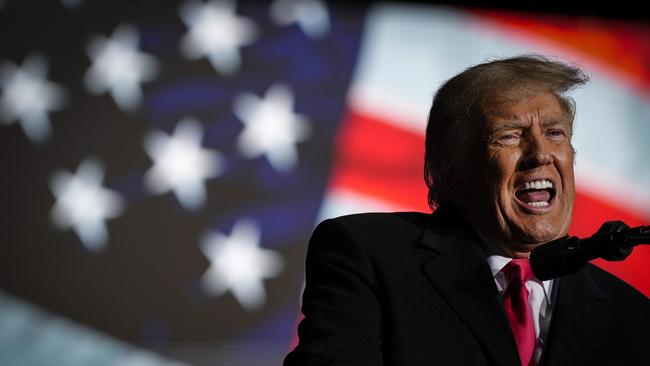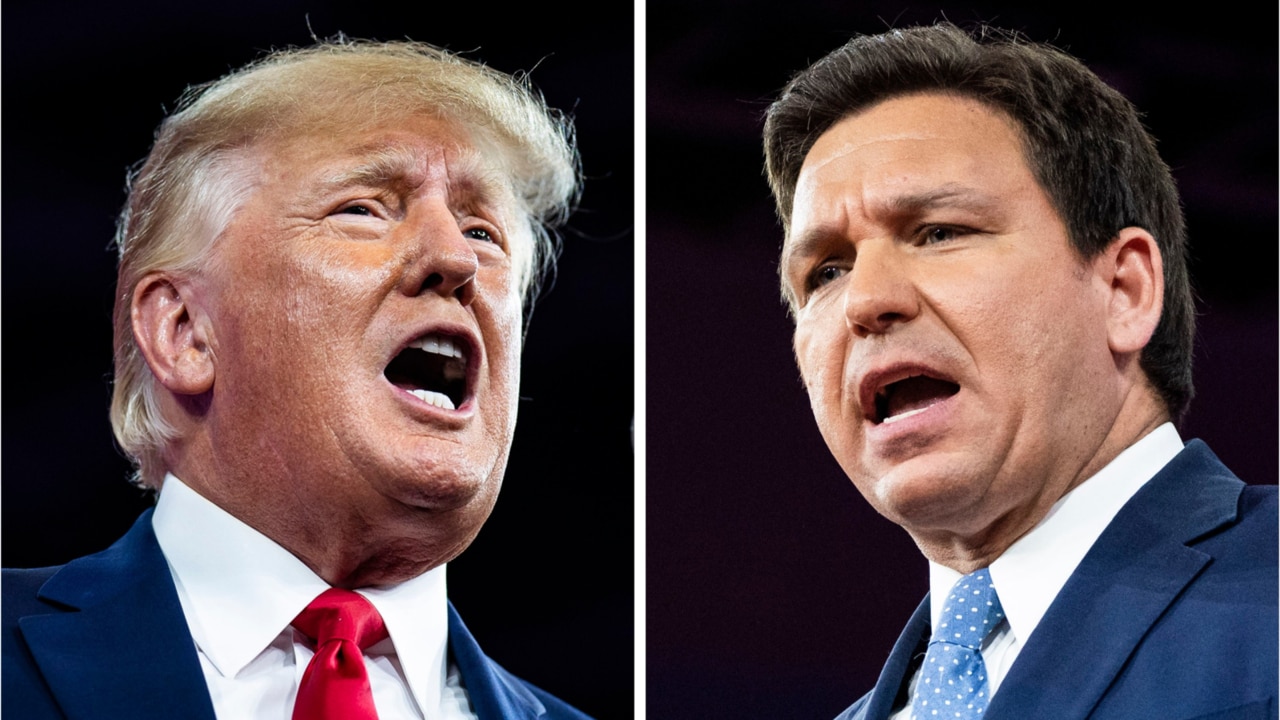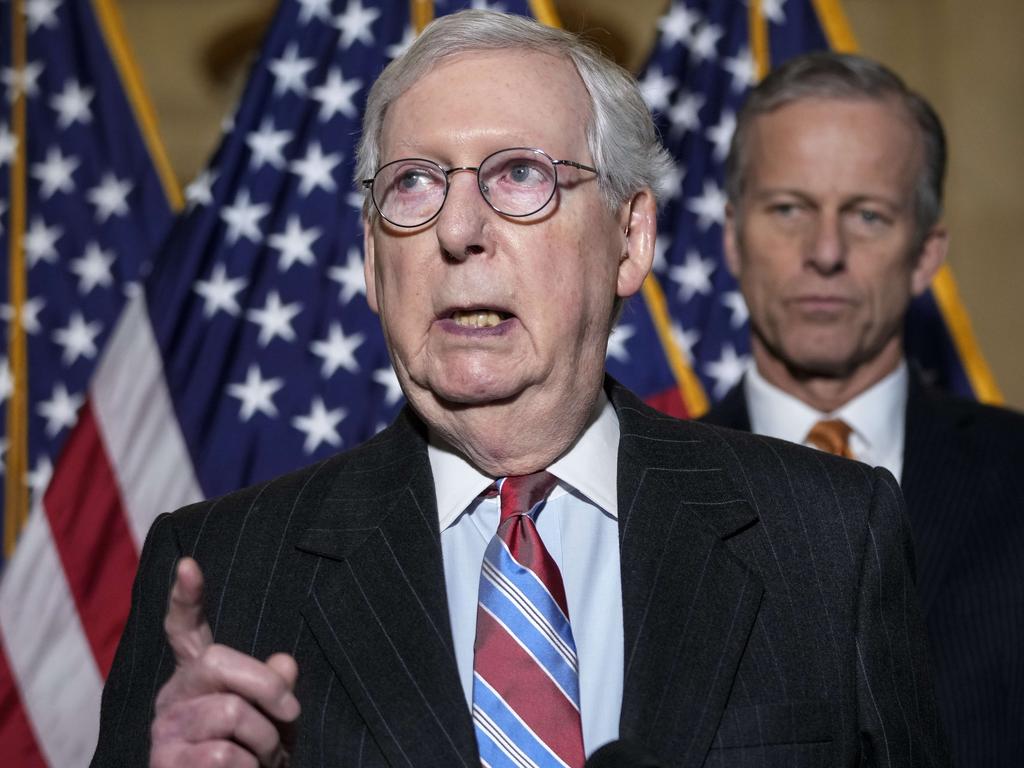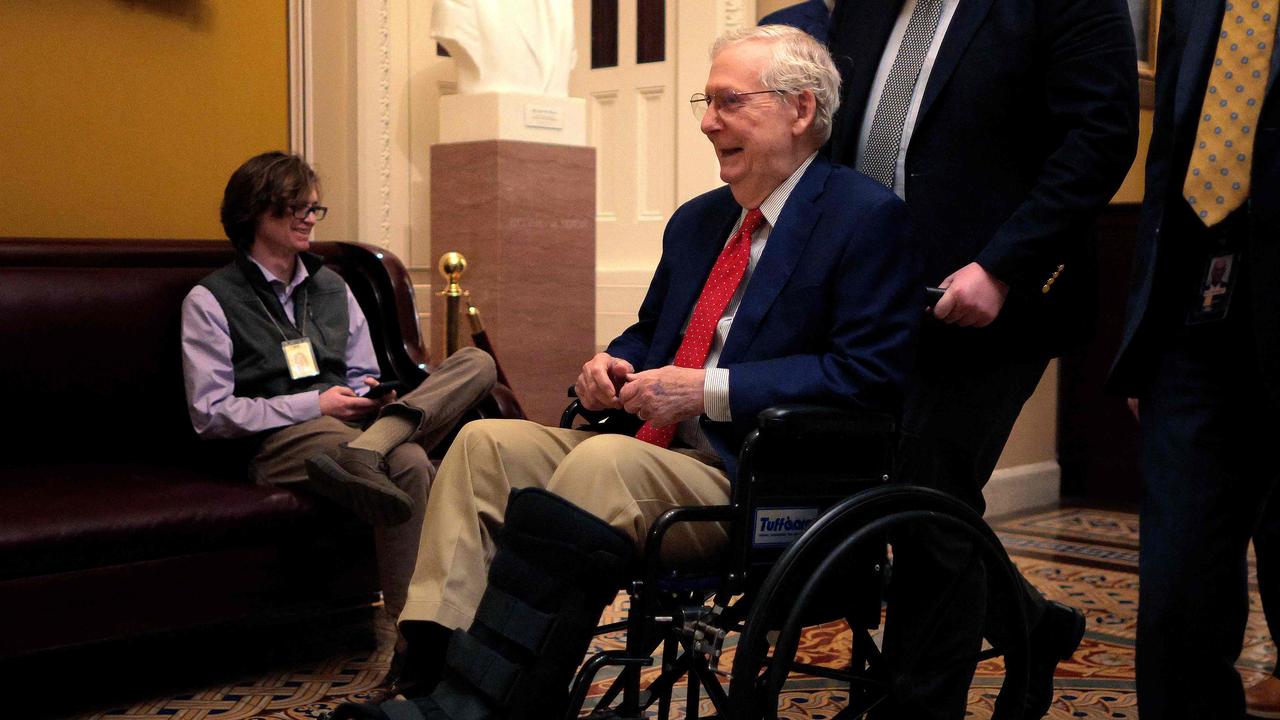
The red wave never came. What happened in Tuesday’s mid-terms was closer to a trickle.
As of this writing, we still don’t know definitively which party controls the House. It’s likely to be the Republicans but not by much. Before Tuesday, the House had 222 Democrats (that includes two vacant Democratic seats) and 213 Republicans (including one vacant Republican seat).
As of 4pm. Eastern Time Wednesday, the Associated Press had called 206 seats for the GOP and Republicans were poised to win 18 other contests. That would leave the GOP with 224 seats to the Democrats’ 211. It will take days — maybe a week — to finalise the results as mail-in ballots postmarked by election day come in.
In the Senate, if Adam Laxalt hangs on in Nevada and Blake Masters fails to stage a dramatic comeback in Arizona, the GOP will be at 50 seats. Control of the Senate will then again come down to a December 6 run-off in Georgia.
Then there are governorships. Before Tuesday, there were 28 Republican and 22 Democratic governors. The Republican in Arizona appears on the verge of taking the lead. If she does and the GOP stays ahead in Nevada but doesn’t close a narrow gap in Oregon, the split will remain 28-22 given other losses. Republicans failed to offset incumbents’ departures in Maryland and Massachusetts.
How did we end up here? President Joe Biden’s approval rating is in the low 40s, almost 70 per cent of Americans feel the country is going the wrong direction, and the election was fought over issues that favoured the GOP. One example: The November 2 Washington Post/ABC News poll found that voters thought Republicans were better than Democrats on the economy by 14 points, inflation by 12 and crime by 20.
Democrats were thought better on abortion by 13 points and climate change by 19, but voters believed those issues were less important than the economy and inflation. Moreover, Democrats were considered better at handling threats to democracy by only 4 points. Why wasn’t the outcome better?
The answer is candidate quality. The GOP fielded too many novices who struggled with crafting a message, raising funds and waging effective campaigns. Some were also knuckleheads with strange beliefs and closets full of problems. Many of these remarkably weak candidates came courtesy of Donald Trump, who didn’t vet his endorsements. Even fairly good candidates spent too much time describing problems they wanted to tackle and not enough time on what they proposed to do about them.
This left too many candidates with little to commend them except loyalty to Trump, which few voters cared about. The losers on Tuesday were often the candidates who closely followed the former president’s rally-speech scripts — campaigning on the lie that the 2020 election was stolen from Trump by fraud on a massive scale. Of the Republican candidates for secretary of state or attorney general who based their campaign on this falsehood, only one has pulled through, and he was in deep red territory.

Tuesday did provide some good news for the GOP. If the party flips the House, no matter how narrowly, it will end Biden’s legislative attempts to transform America. He’ll be forced to rein in his leftist impulses and try being what he promised during his campaign: a normal Democrat who works across party lines.
There were important GOP wins Tuesday too. Florida Governor Ron DeSantis’s nearly 20-point re-election — and Senator Marco Rubio breezing to a third term by about 17 points — showed how leadership and competence can turn a swing state into a Republican bastion. Ohio Governor Mike DeWine’s 26-point margin moved his state from swing status to a GOP fortress. Governor Greg Abbott’s 11-point victory over media darling Robert Francis O’Rourke reaffirmed that Texas remains deep red. And Georgia Governor Brian Kemp’s strong showing in overcoming opposition from both Stacey Abrams and Trump established his reputation as one of America’s most deft political figures.
However, there’s no getting around the enormous disappointment for Republicans. The party must nominate better candidates, particularly for statewide office, and reject nuts. It must be at least as concerned with providing answers to the nation’s problems as with describing those challenges. And its standard bearers must focus on improving the lives of ordinary Americans, rather than remaining mired in one man’s grievances.
If any of this was up for debate before Tuesday, it’s undeniable now. Trump turned what should have been a referendum on Biden’s terrible record into a choice between himself and the current president. As in 2020, lots of voters chose Biden.
Karl Rove helped organise the political-action committee American Crossroads and is author of The Triumph of William McKinley (Simon & Schuster, 2015).
The Wall Street Journal







